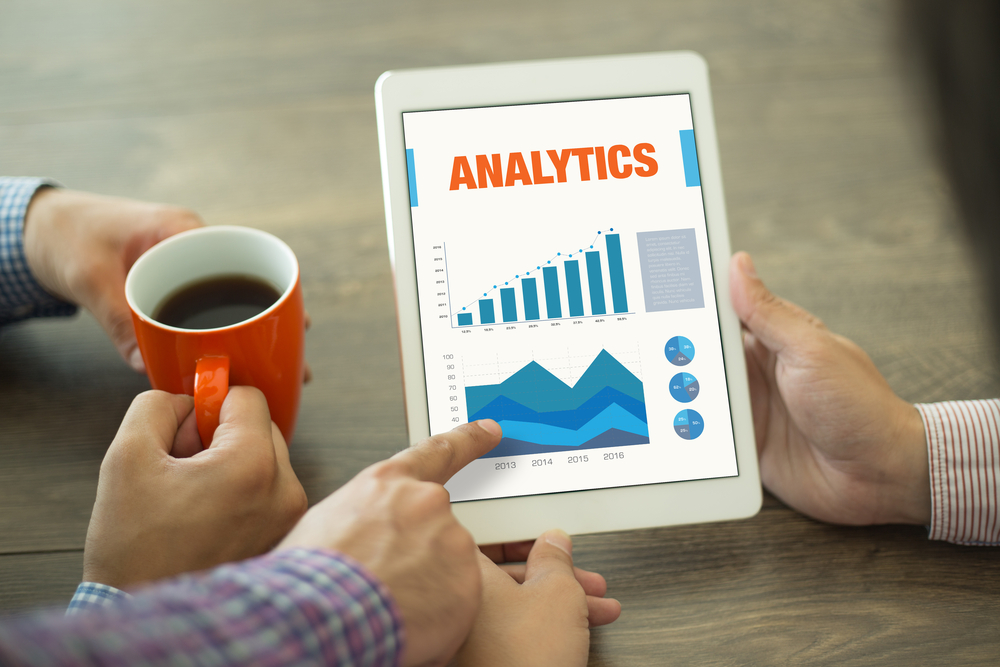Essential Factors to Consider When Choosing the Right Data Analytics Platform
Choosing the right data analytics platform is crucial for organizations looking to harness their data effectively. This comprehensive guide covers essential questions to consider, from understanding data workflows to evaluating top software options like Tableau, Power BI, and Qlik Sense. Whether you’re a small business or a large enterprise, making informed decisions about your analytics tools can significantly enhance decision-making, operational efficiency, and overall business performance. Read on to explore how to select a solution that aligns with your organizational goals and technical requirements.

Critical Questions to Ask Before Selecting a Data Analytics Solution
In today’s data-driven world, organizations ranging from small startups to large enterprises leverage vast amounts of data to inform strategic decision-making and operational efficiency. Implementing an effective data analytics platform is critical to extracting meaningful insights, optimizing workflows, and gaining a competitive edge. However, choosing the right analytics solution can be complex, requiring careful consideration of various factors. This comprehensive guide explores the key questions and considerations that organizations must evaluate to select the most suitable data analytics platform tailored to their unique needs.
How Does Data Analytics Work?
Data analytics systems operate through a three-step process: extracting data from diverse sources, transforming such data into a standardized format, and storing it within a centralized repository called a data warehouse. Understanding these foundational steps is essential to grasp how analytics platforms function and the benefits they provide.
These core steps include:
Data Extraction: This involves gathering raw data from various sources such as spreadsheets, databases, cloud applications, and operational systems. Regular extraction—often scheduled daily—ensures data freshness for accurate analysis.
Data Transformation: Raw data often comes in different formats and structures. The transformation process involves cleaning, normalizing, and converting data into a consistent format suitable for analysis, enabling meaningful insights.
Data Storage: Transformed data is organized and stored in a centralized data warehouse, which can be a large-scale server or cloud-based platform. This setup allows for efficient data retrieval and analysis, supporting extensive reporting and visualization capabilities.
From the stored data, analytics tools generate reports, dashboards, and visualizations that deliver actionable insights to stakeholders across the organization.
Why Opt for Data Analytics Software?
Accelerated Decision-Making: Analytics platforms empower teams to make quick, informed decisions by providing access to historical data, real-time updates, forecast models, and trend analyses. These tools reduce reliance on guesswork and intuition, leading to more accurate business strategies.
Enhanced Data Accessibility: Interactive dashboards and detailed reports allow users to retrieve vital business information swiftly without needing to navigate through lengthy reports or unorganized data sources. This improves responsiveness and operational agility.
Mobile and Remote Data Access: Many modern analytics solutions support mobile interfaces, enabling decision-makers and stakeholders to access key metrics anytime and anywhere, facilitating continuous monitoring and rapid intervention when necessary.
Leading Data Analytics Software Solutions
Tableau: Famous for its user-friendly interface, Tableau excels in creating dynamic, interactive data visualizations. It allows users to build and share dashboards seamlessly across desktop and mobile platforms, fostering collaboration and deeper insights.
Power BI: Developed by Microsoft, Power BI integrates effortlessly with other Microsoft Office tools, making it an ideal choice for organizations already using the Microsoft ecosystem. Its flexibility and affordability make it popular among various business sizes.
Qlik Sense: With its innovative associative data model, Qlik Sense enables users to explore data freely and uncover hidden insights quickly. Its intuitive interface simplifies complex data analysis for both technical and non-technical users.
Looker: As a cloud-based analytics platform, Looker provides customizable reports and dashboards that enhance collaborative data analysis. It supports tailored solutions for different departments, streamlining decision-making processes.
Best Data Analytics Tools for Small Businesses
Zoho Analytics: This cloud-based tool offers pre-designed dashboards and automated reporting features, scalable to accommodate small business growth and evolving analytical needs.
Metabase: An open-source platform that offers simple dashboards and straightforward data exploration features, making it suitable for small teams seeking cost-effective yet powerful analytics capabilities.
Google Data Studio: Free and web-based, Google Data Studio seamlessly integrates with Google services, providing an easy way for small businesses to visualize data and share insights without extensive technical knowledge.
Cyfe: An all-in-one business dashboard tool that consolidates data from various sources into visual reports, enabling small enterprises to obtain quick insights and monitor multiple metrics in one place.





